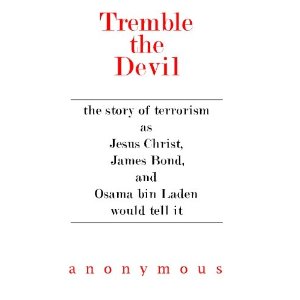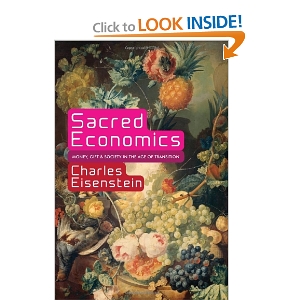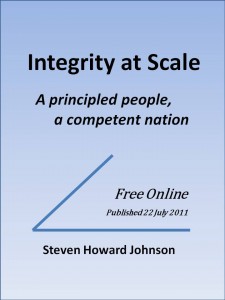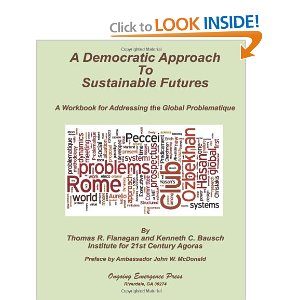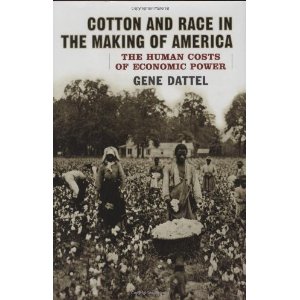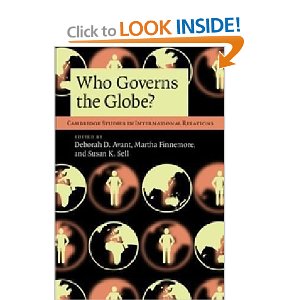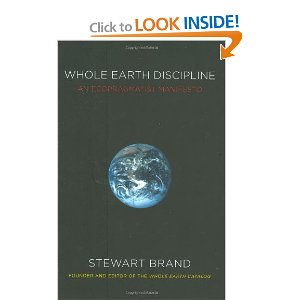
Stewart Brand
![]() Surprising, Challenges, Perhaps Wrong on Some Points,September 13, 2011
Surprising, Challenges, Perhaps Wrong on Some Points,September 13, 2011
This book is an absorbing read, and several of the top reviews are very useful to anyone considering buying the book (also available in paperback, Amazon is now NOT crossing reviews over from different forms, a mistake in my view, but perhaps motivated by their trying to give the millions of new reviewers a starting point against those of us who have been reviewing books on Amazon for eleven years.
This book can read at multiple levels, and I dare to say that to reach each additional level, a second and third reading of the book is required.
Level 1: An overview of books that Stewart Brand has read and his general sense of the world.
Level 2: A deeper engagement with his thinking on climate change, urbanization, and biotechnology
Level 3: A very deep and necessarily skeptical reading of his book, mindful of many areas where he may be wrong while appreciating the extraordinary lifetime of intellectual and ethical leadership that he brings to bear–this is the man who created Co-Evolution Quarterly, Whole Earth Review, the Silicon Valley Hacker's Conference that I was elected to in 1994 and am attending this year (4-6 November), and the Clock of the Long Now, as well as Global Business Network and other initiatives. He is in brief, one of a dozen minds I consider “root” for whatever good we might muster in the USA in the near term, along with Tom Atlee and a handful of others.
Continue reading “Review: Whole Earth Discipline – An Ecopragmatist Manifesto”

